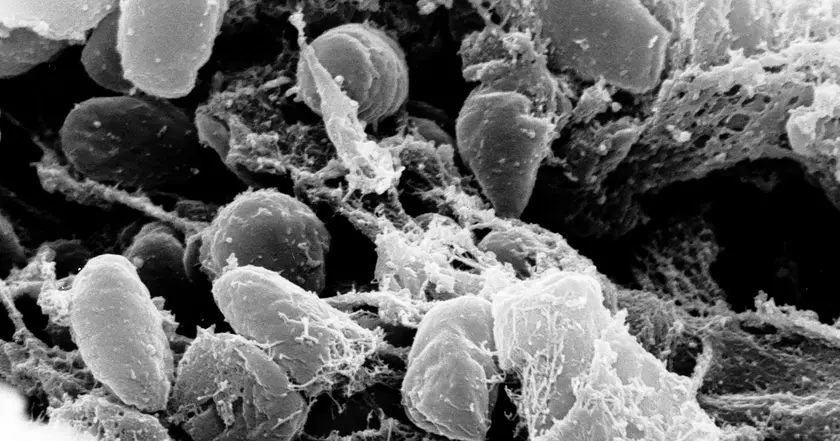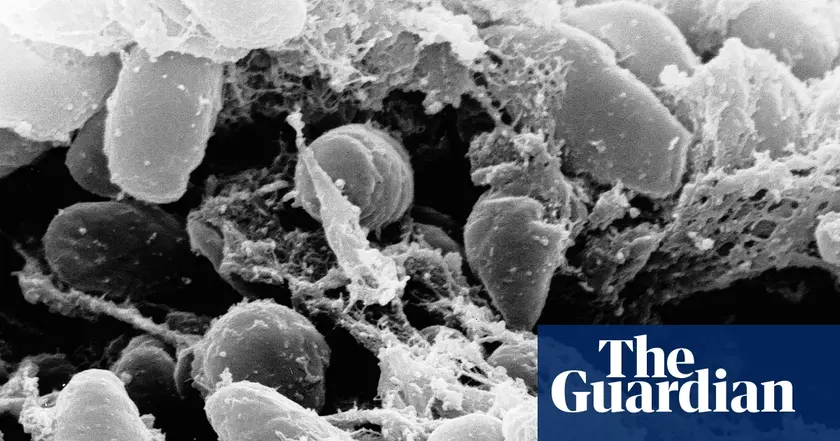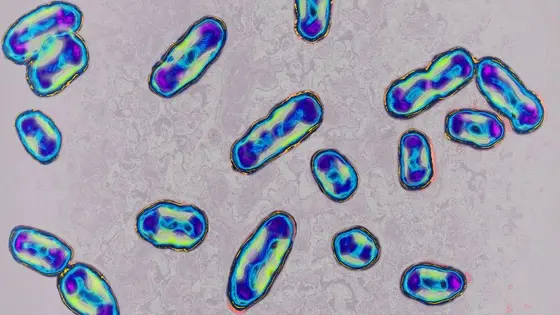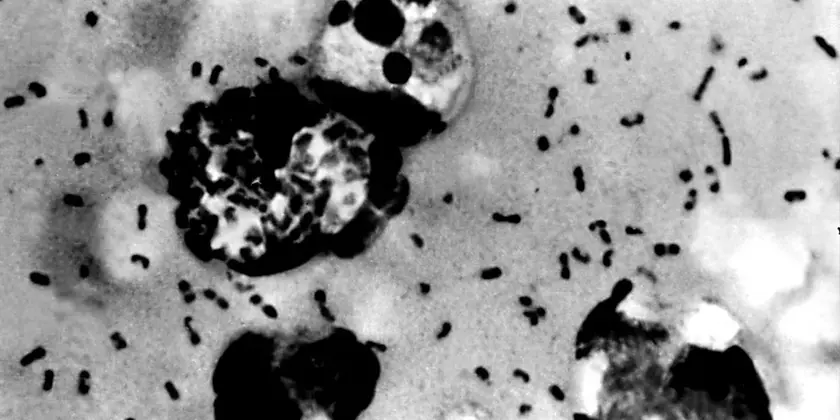T4K3.news
Plague case identified in South Lake Tahoe
A resident tested positive for plague linked to a flea bite during camping; antibiotics are effective when treated early; officials will provide updates as needed.

A resident in South Lake Tahoe tested positive for plague, prompting local health officials to issue guidance.
Plague case in South Lake Tahoe prompts health warning
Health officials confirm a resident in South Lake Tahoe has tested positive for plague. El Dorado County officials believe the infection came from a flea bite during camping. Plague remains rare in the United States, with the CDC reporting about seven cases each year. The illness is treatable with antibiotics, and the patient is recovering at home.
Officials emphasize practical steps to reduce flea exposure during outdoor activities and advise residents to seek medical care if fever, chills, or flu-like symptoms appear. The case has prompted additional surveillance and outreach in areas popular with campers and hikers.
Key Takeaways
"Vigilance beats fear when it comes to rare diseases"
Editorial stance on public health communications
"Outdoor life carries small risks that deserve practical guidance"
Note on outdoor recreation and safety
"Antibiotics work when treated early"
Medical guidance applicable to plague treatment
"Calm clear information helps communities stay informed"
Public health messaging impact
The case shows how a rare disease can show up in everyday outdoor life. It also tests the tone public health officials must strike: provide clear information without creating alarm.
This incident may shape how the region discusses vector-borne diseases, camping safety, and how quickly authorities share updates. It underscores the value of strong local health infrastructure and cross agency coordination.
Highlights
- Vigilance beats fear when it comes to rare diseases
- Outdoor life carries small risks that deserve practical guidance
- Antibiotics work when treated early
- Calm clear information helps communities stay informed
Public reaction risk to plague case
A rare disease case can trigger fear and misinformation. Officials should provide accurate, timely guidance to prevent panic while informing residents about symptoms and precautions.
Officials will continue to provide updates as more details become available.
Enjoyed this? Let your friends know!
Related News

Plague case confirmed in Tahoe resident

Plague case confirmed in South Lake Tahoe area

Plague case reported in South Lake Tahoe area

Plague case prompts vigilance in Tahoe

Plague case confirmed near Lake Tahoe

Plague case reported in South Lake Tahoe

Plague case confirmed in California

Plague case confirmed in South Lake Tahoe
